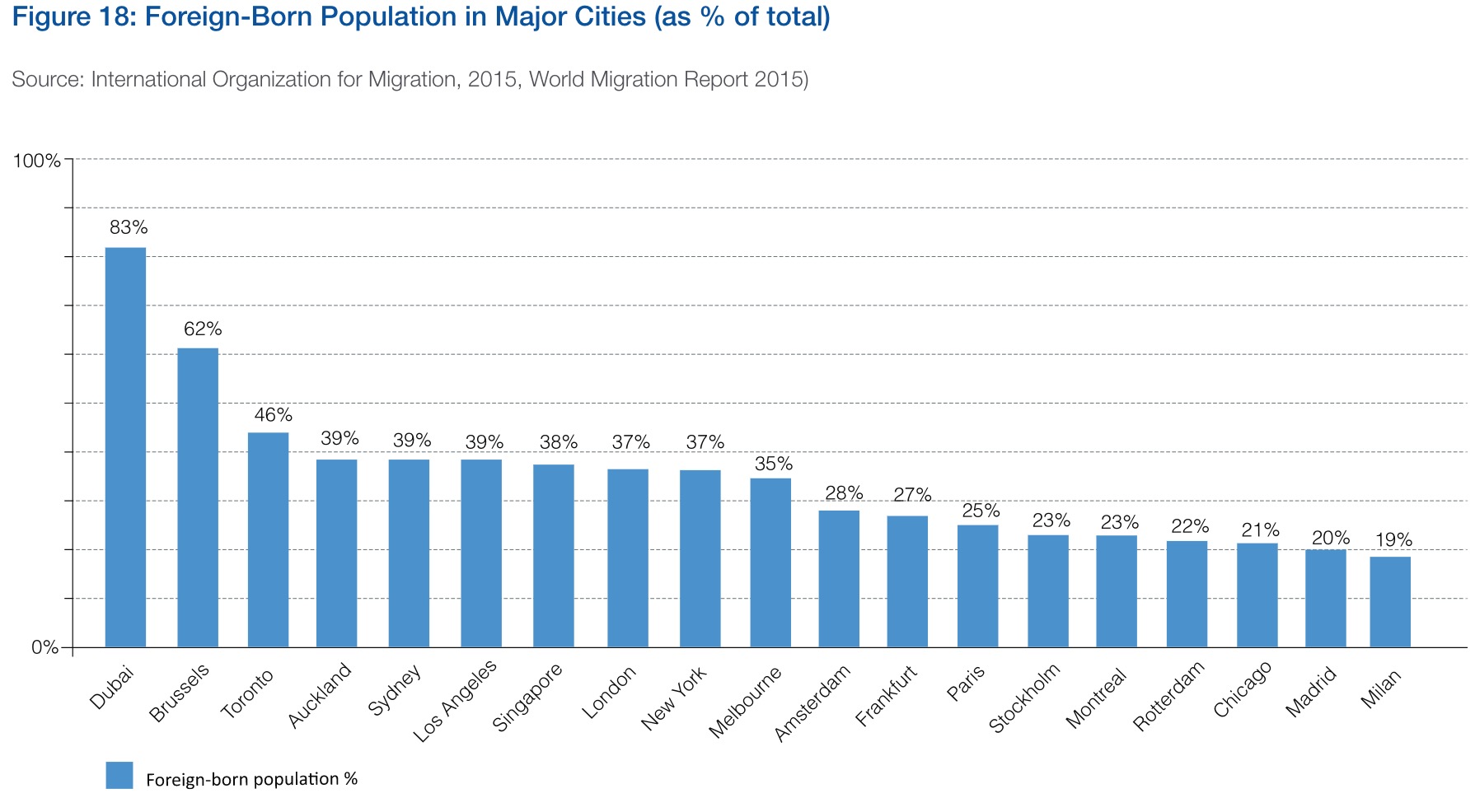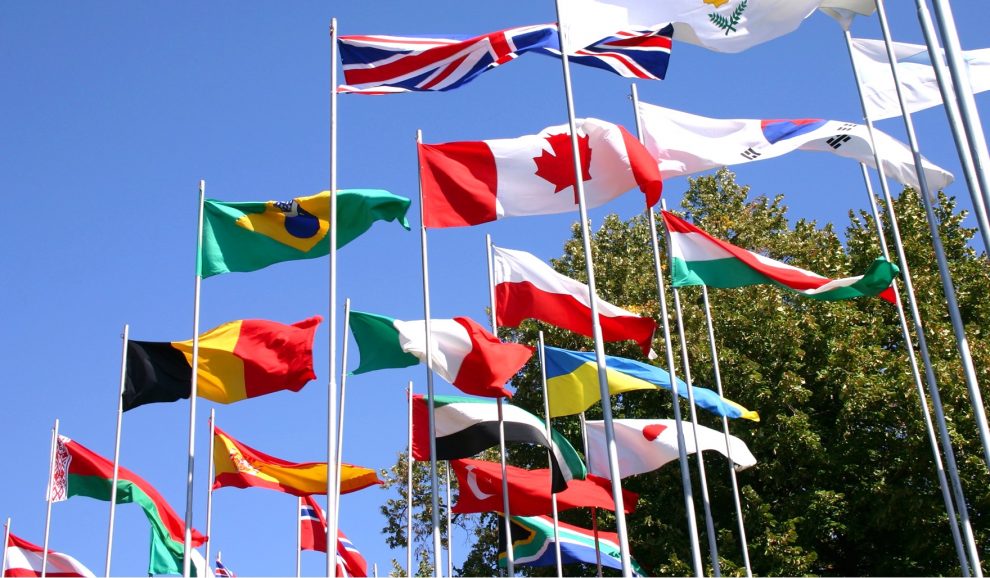Migration is a global phenomenon, of movement of people across international borders. The world has an estimated 244 million migrants and migrants make up more than 1 billion people, or one-seventh of the world’s population. Over 60% of the migrants move to nearby closer countries.
Migration adds another dimension to globalisation and development in the host country. In 2015, migrants contributed $6.4-6.9 trillion or 9.4% of the Worlds GDP and migrants have sent half a trillion dollars home last year – Mexico, $24.3 billion; China, $16.2 billion; and India, $10 billion. More than 60% of global migration consists of people moving to neighbouring countries or to countries in the same part of the world.
World economic forum reports, The United States and Germany are the top migrant hosting countries, while India and Mexico are rated the top migrant sending countries.

Migrants bring best skills, ethnic culture, cuisine and entrepreneurship. The main reasons for emigration are poverty, unemployment, war, economic uncertainty pushing the migrants look for new life elsewhere in the new world. Migration solves complexities associated with diversity of race, religion, ethnicity, language and culture. Immigration also drives the growth of real estate, construction and tourism.
As many as 92% of immigrants in the United States, 95% in the United Kingdom and Canada, and
99% in Australia live in urban areas. Over 50% of the population of Dubai and Brussels is foreign-born due to their
highly mobile workforces.

Some of cities affected by migration are: Montreal, Ottawa, Calgary, New York and Boston, Sao Paulo, Dubai, Cape Town , Berlin, Athens, Paris, Amsterdam and Rotterdam, Auckland





